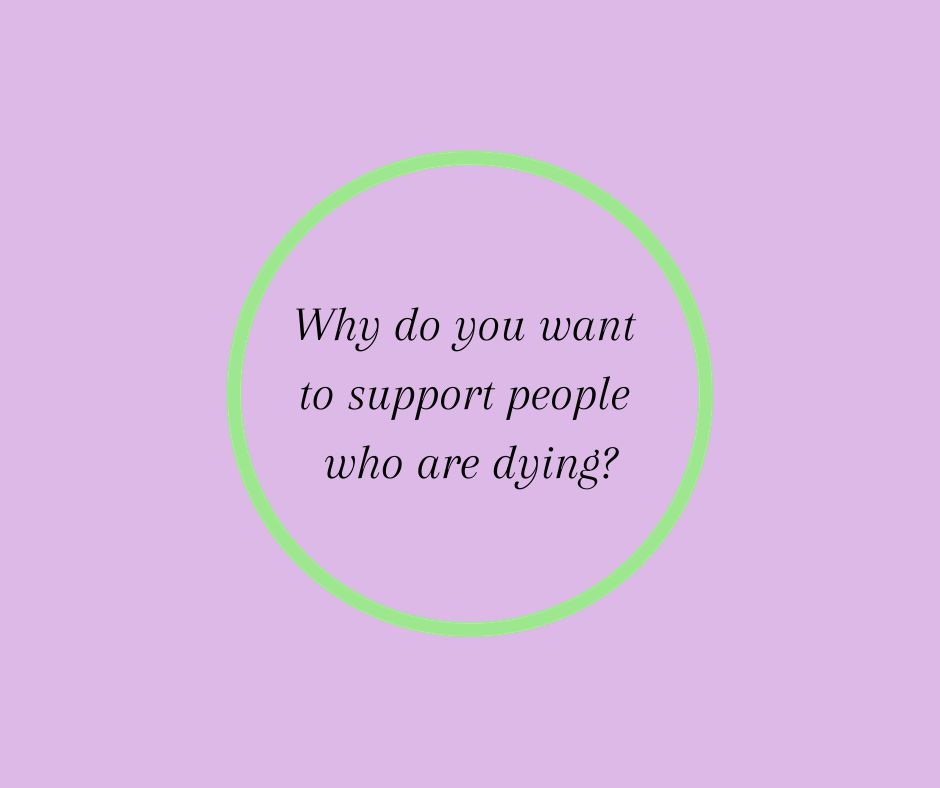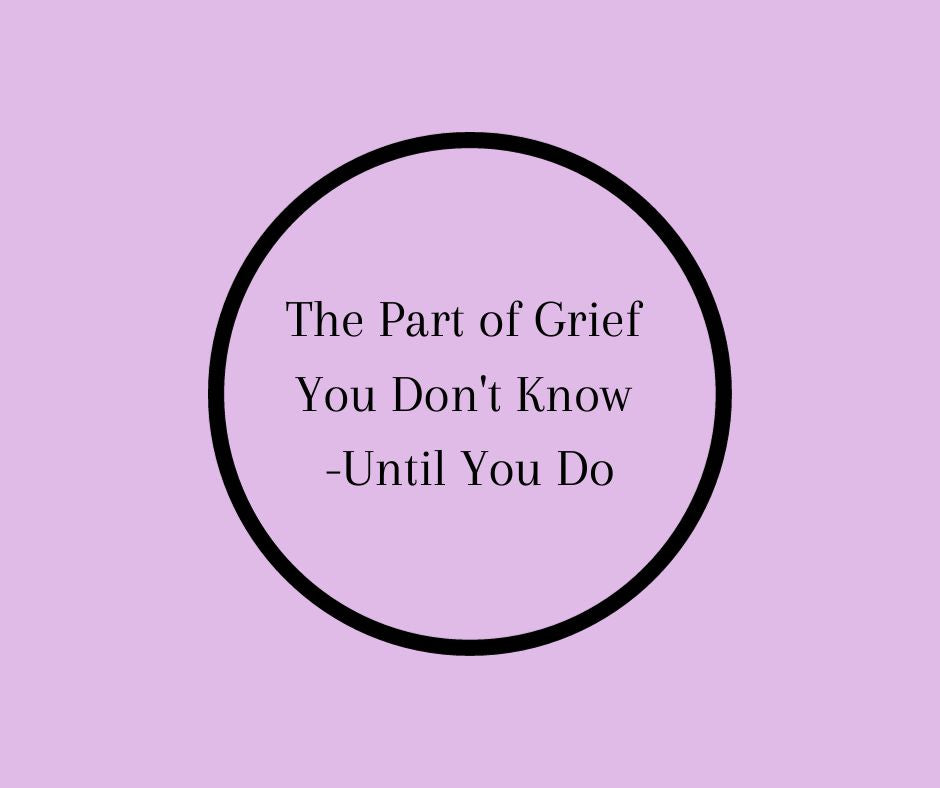It isn’t until you walk in another’s shoes that you really know what something feels like. As most of you know my husband was on hospice services recently and died. Here are some thoughts after being on the other side of hospice, on the receiving side.
*Once we get up the courage to call hospice, we want to see you immediately. Actually, we needed to see you, hear your guidance and advice, and receive your services yesterday. Families tend to be overwhelmed and have trouble coping when they reach the point of asking for help. Hospice is that help. Don’t make us wait. Within 24 hours, make that much anticipated home visit.
*Get to know us and hear our story before you introduce all the required paperwork that the computer needs signatures for. After that initial show of computer and official business NEVER let us see your computer again. You can take discrete notes, then get in your car, drive around the corner or go to a 7/11 parking lot and do the charting there. Your goal is to create a relationship that brings comfort, guidance, and education. It is not to have an air of “officialdom.” You can be professional, open, direct, easily understood, instructional, and gentle without a computer in front of you. It is difficult to get to friendship, personhood, and support with a computer on your lap.
*Dying and death calls are the goal of the work hospice does. Everything, all your words and services, lead up to the moment of death. The patient’s death is what your work is all about, YET it seems that fewer and fewer hospices are actually with the family at the moment of death.
*A pronouncement visit is not a ten minute, in the door, look at the body and out the door visit. It is a “Tell me what happened. How are you doing? What are you thinking?” kind of visit. It is time to straighten the room, tidy the body and gather those present for a final goodbye. It is a "wait for the funeral home to come" visit. While waiting, use that time to offer guidance and comfort. When the funeral home leaves with the body, straighten the room, make the bed, put a memento on the pillow and leave the light on. This entire visit is creating a sacred finish to a life. Through this support you are creating a sacred memory the family will carry with them forever. If there was no guiding support during the actual death, then this kind of death call will help ease the pain the experience has created and provide the kind of support and guidance hospice is intended to provide. It is what we do—-comfort.
*I would like to see the primary care nurse, social worker, and even the home health aide make a home visit towards the end of the week following the death. This will give closure for the family with the hospice staff. It is an opportunity to ask final questions, to express thoughts about all that has happened and to say goodbye. This will give closure to not just the family of the patient, but closure to the nurse, social worker, and home health aide so they can move on to the next and the next.
As I do, I am giving you something to think about.
Something More… about Being On The Receiving Side of Hospice
Hospice workers face unique challenges as they care for the dying and their famiies. Support and self care are crucial to these remarkable caregivers. I encourage hospice agencies to have an in-service with their team at least once a year where they watch my dvd/vimeo film, Care For The Caregiver together. Ideally each member of the team would be given the booklet You Need Care Too to further support the team.







23 comments